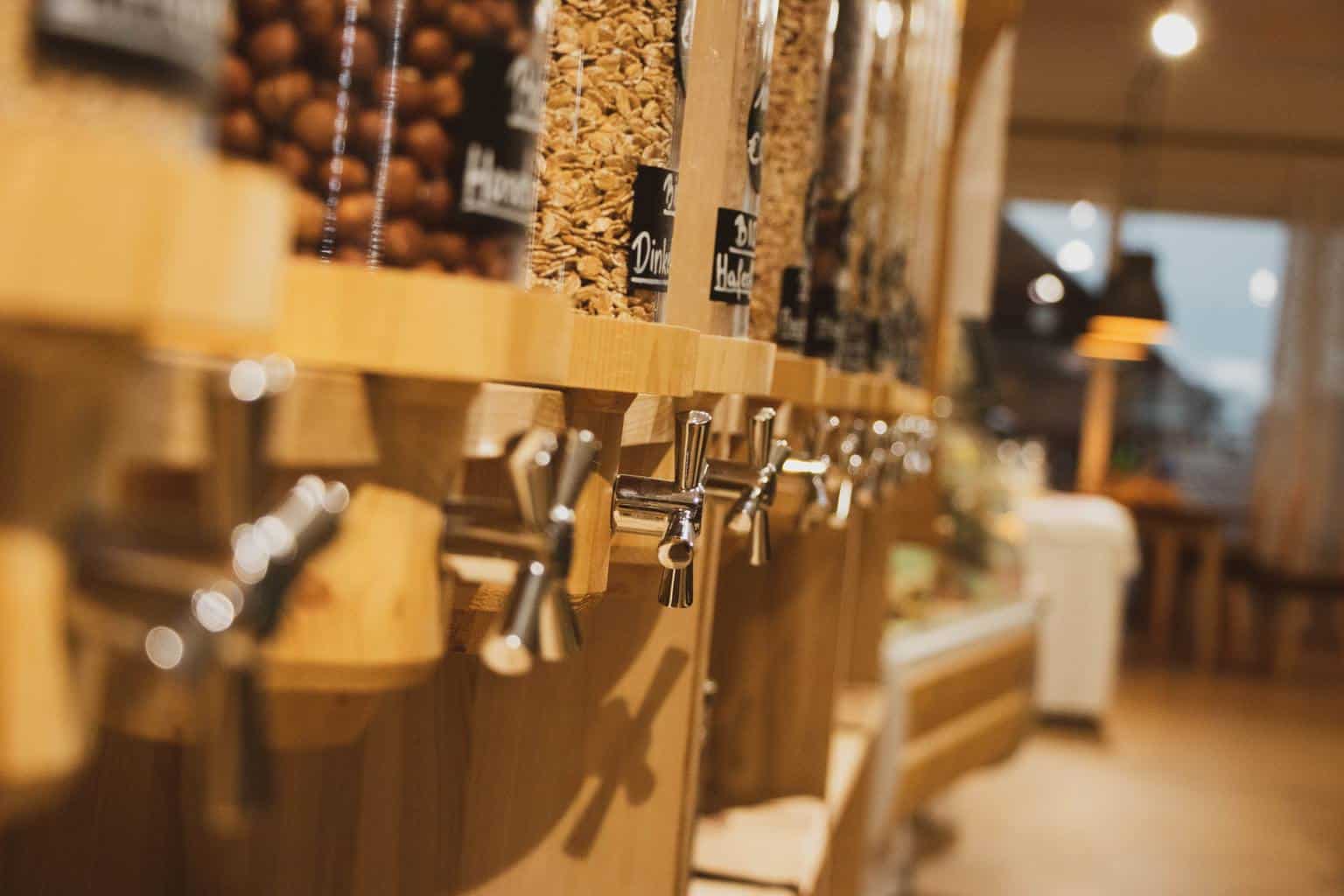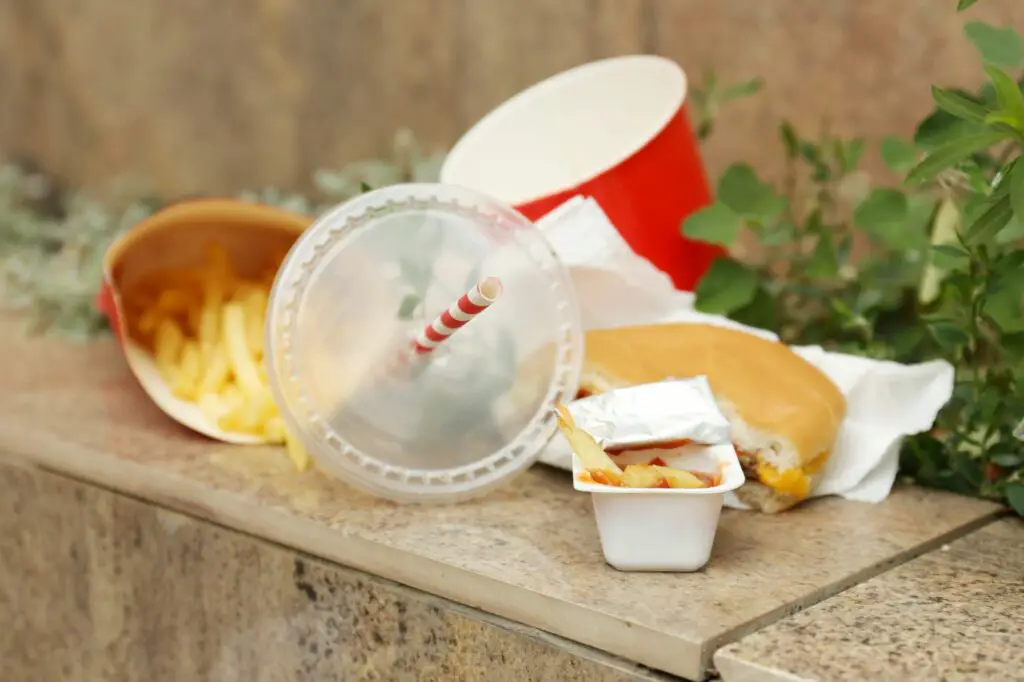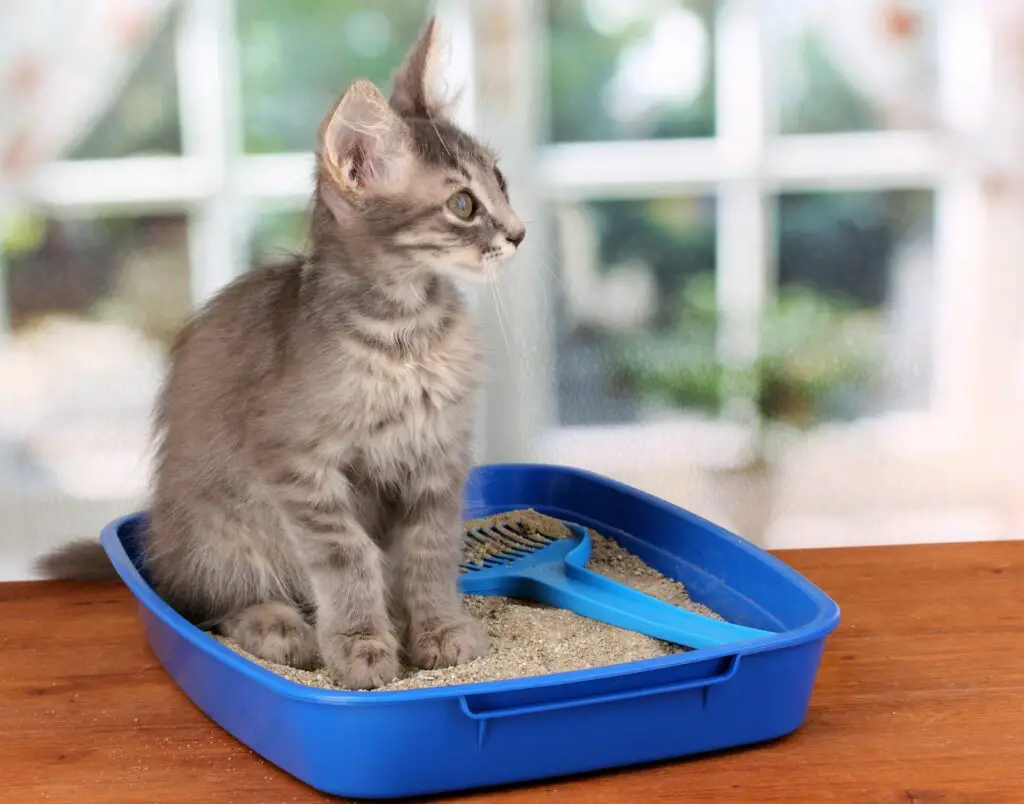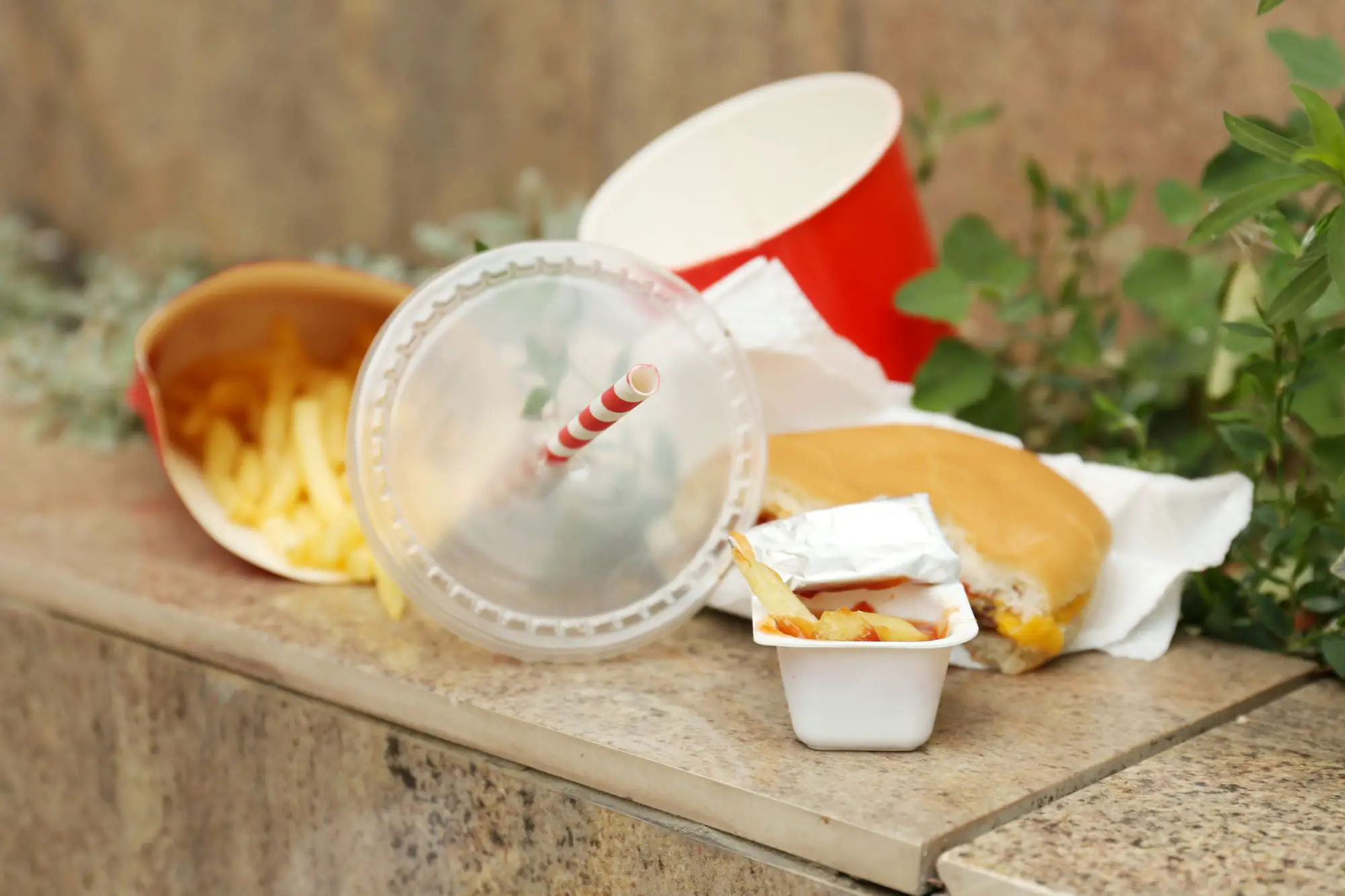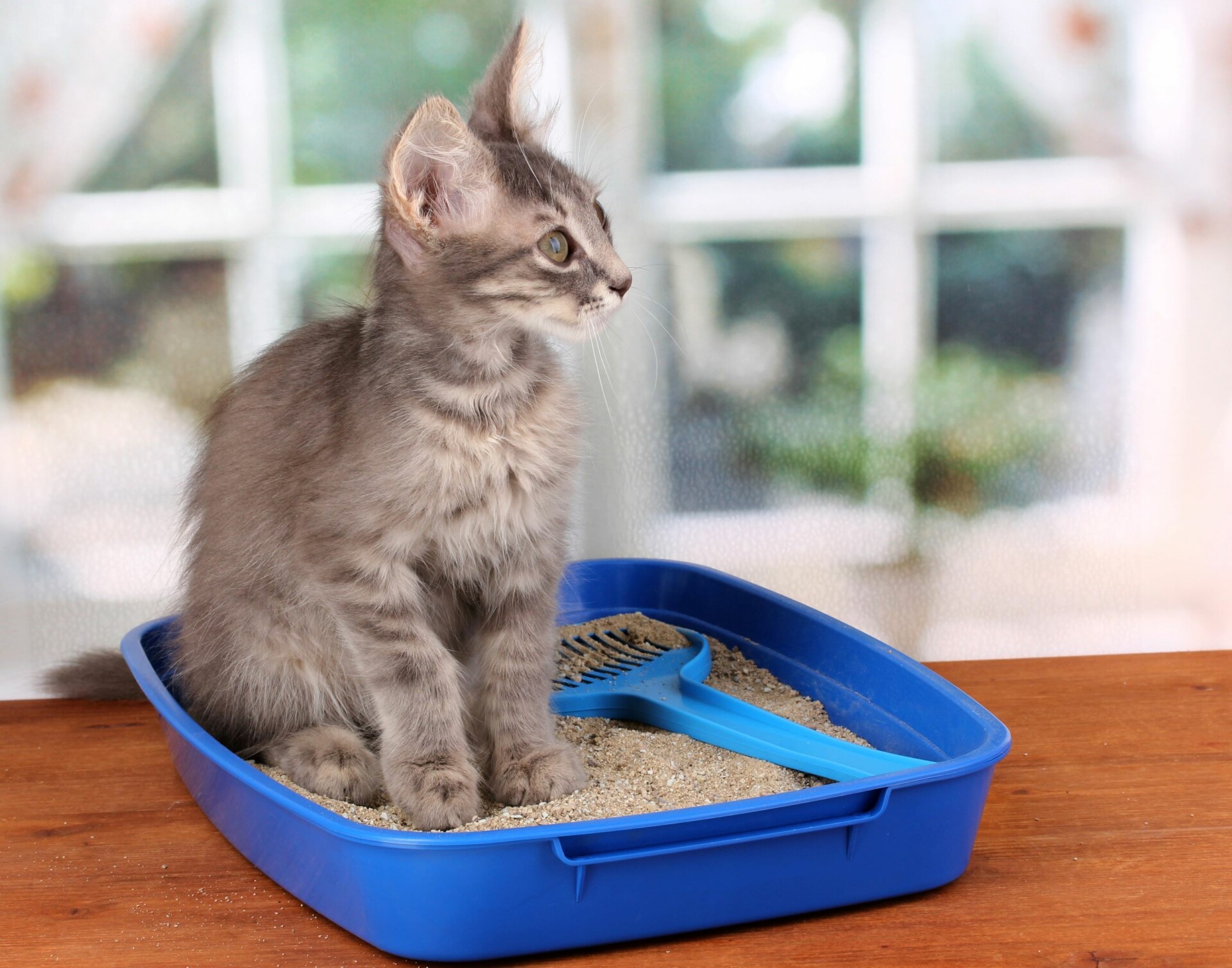You may have been hearing lately about a so-called “zero waste lifestyle.”
While the concepts of recycling and lowered carbon footprint may not be new to you, this term may well be.
It may be a good idea at this point to look at what this term really means as well as how the concept may positively affect your lifestyle.
What is Zero Waste Lifestyle?
The first thing you should know is that “zero waste” is not only a concept but a steadily growing movement.
The point of this movement is to slowly but surely reduce the amount of waste that people consume and then discard.
It’s a path that takes quite a bit of patience and commitment to hold to but is definitely worth embarking on.
Did you know that the average consumer produces over 400 total pounds of trash each and every year?
If this figure seems excessive, just think about all of the food, office papers, books, magazines, paper plates, and other bric-a-brac that you use and then dispose of. It all adds up to a massive mountain of useless junk.
The way to counter this constantly increasing pile is to adopt a Zero Waste lifestyle. What it really breaks down to is simply making an effort to find and develop a more long term sustainable way of living.
Citizens who adopt this lifestyle are making a conscious choice to limit the harmful effect that they have on their environment.
In fact, the adoption of a Zero Waste lifestyle can go a long way toward positively impacting their immediate, and ultimately global, surroundings.
There are a number of changes that can be made on a daily basis that, over the long term, can help mankind to achieve a decisive impact. These factors may include the following:
- Preventing unsustainable extraction of precious resources
- Making a decisive reduction in the total amount of waste materials that are sent to an incinerator unit or landfill area
- Reducing the amount of pollution that is directly attributable to such activities as manufacturing, transporting, and ultimately discarding waste materials
Who Started the Zero Waste Movement?
The Zero Waste movement owes its initial existence to a woman named Bea Johnson. This woman and her family have long been dedicated to living a truly waste-free lifestyle.
In fact, according to fully verified reports, the Johnson family is able to generate a total of one quart of waste per year.
Bea Johnson is also a prolific blogger as well as the author of the book Zero Waste Home. As a result, she is in a unique position to be regarded as an authority in this growing movement. Ms. Johnson has certainly become an internationally recognized figure in recent years.
Bea Johnson has made numerous appearances on television, print, and social media. She was chosen as the winner of the prestigious “Green Award” in 2011.
Ms. Johnson speaks often at universities, conferences, corporate gatherings, and many other types of events. The New York times named her “The Priestess of Waste-Free Living”.
The basic philosophy espoused by Ms. Johnson can be boiled down for simplicity’s sake to a series of 5 R’s:
- Refuse
- Reduce
- Reuse
- Recycle
- Rot
The point of adopting these 5 R’s is to follow through the entire process of waste reduction from beginning to finish.
While doing so, the cycle described by Bea Johnson can also lead to a number of highly positive results. These include a major savings of time, money, and energy as well as benefits for your personal health.
Is Zero Waste Actually Sustainable?
One of the most commonly asked questions concerning the Zero Waste lifestyle is if it is really sustainable.
Added as a corollary is another frequent query, “For how long?” The answer to this question is a resounding yes, provided that certain conditions are met. The solution involves reference to the 5 R’s listed above.
- Refuse to buy items that are entombed to the gills in extraneous packaging
- Reduce what you buy to the bare minimum that you and your family actually require
- Reuse your worn-out items as often as possible and make a point to buy only reusable products
- Rot, as in compost, as much of your food waste and other organic byproducts as possible
- Recycle the rest as a matter of course
Following these 5 R’s can result in a Zero Waste lifestyle that is practical, efficient, and easy to follow.
The more you practice these prescriptions as a matter of course, the more used you will become to doing so.
Before long, a Zero Waste lifestyle will become as natural to you as any of your other daily activities.
Does Zero Waste Make a Difference?
Moving to a truly Zero Waste lifestyle can make a difference in your life. This can be true in many more ways that can be quickly listed in this short article.
However, one of the most significant ways that this lifestyle can impact you is in the region of your personal health. In a word, the less waste you produce, the better you will feel.
There are a number of reasons why this is so. For one, producing less waste means that you are also consuming less of it to begin with.
This can be true in the area of food that you don’t need, harmful plastic that shouldn’t be in your home, and many other items whose byproducts are producing negative effects on your health and stability.
It should go without saying that making the switch to a Zero Waste lifestyle will also impact your surroundings in quite a number of positive ways.
You want to be able to say that you are doing all in your power to leave behind a green and friendly world for the next generation to inherit. This is the best way to keep that pledge.
How Does Zero Waste Help the Environment?
There are a great many ways in which making the move to a zero waste lifestyle will help the environment.
One of the first and most obvious things to consider is that making less waste in the first place will naturally result in less waste to dispose of.
Making the move to the zero waste philosophy means, among other things, that you are one of the people who are helping to sustain our environment.
You are doing so by making sure that your own part in the creation of unsalvageable waste is as small as possible. The less waste you produce, the less harm to your environment.
There are plenty of other factors to consider. For example, a zero waste lifestyle is one that will seriously reduce the amount of pollution that infects the environment all around you.
This is a philosophy that should help to influence you to buy only products that come with a guarantee of non-toxic manufacturing and packaging policies.
It will also play a part in helping you to avoid and, in some cases, punish makers of products that pursue harmful policies.
For example, makers who use polystyrene and other non-biodegradable materials in their packaging deserve to be called out. The more aware you help others to be, the less profitable these offenders will be.
As a result of your actions, you can play a part in influencing manufacturers to cease pursuing policies that harm the environment. This is a long term effect that will have a very beneficial effect on the lives of countless generations to come.
And it all starts with you taking a stand to pursue a Zero Waste lifestyle in your daily life.
What’s the Difference Between Zero Waste and Recycling?
While related in some ways, the concepts of recycling and Zero Waste also have some very significant points of divergence.
Recycling is a concept that can be quickly defined as the act of converting waste into reusable material.
On the other hand, Zero Waste is a philosophy that aims to result in the generation of as little waste as possible.
Many people who advocate the Zero Waste lifestyle maintain that recycling, while a crucial step in the right direction, is not precisely the ultimate solution to the pressing problem of waste.
The idea that recycling is all you need to do with waste is an issue that some advocates of a more thorough solution may tend to see as a stumbling block.
The two philosophies are not in any way opposed or exclusive. However, it should be pointed out that a Zero Waste approach does result in more positive action being taken from the preliminary point of view.
The idea is to generate as little waste as possible in the first place, thus limiting the amount that needs to be recycled.
A recent experiment conducted by NPR may shed some light on the essential difference between these two approaches. A group of participants in this study were given the choice between making use of these two methods.
The participants who were situated very near a recycling bin had a tendency to use far more paper cups to drink from. Meanwhile, the participants who only had a trash can to make use of for waste disposal tended to use far less.
The inference that can be drawn here is that the recycling mindset can still lead to some short-sighted behavior.
When all is said and done, recycling is an acceptable and useful part of the waste reduction spectrum. However, as an advocate of a Zero Waste lifestyle, your goal will be to reduce as far as possible the amount of waste you produce on a given day.
What little you do produce should certainly be subject to the possibility of instant recycling.
Is a Zero Waste Lifestyle Possible?
One of the biggest questions that a reader may have at this point is whether or not a Zero Waste lifestyle is actually possible.
There are certainly plenty of challenges to be faced as well as obstacles to be overcome. These range from practical to lifestyle considerations and should not be underestimated.
However, once you look at the matter in an objective fashion, many of these putative oppositional elements will tend to resolve themselves.
For example, you can begin with as simple a step as bringing your own straw or reusable cup to a party or corporate event.
Also decline plastic straws, knives, and forks whenever you have the chance.
Adopting a Zero Waste lifestyle doesn’t need to cost you extra money. Simply stock up on reusable items and turn down offers for non-biodegradable ones.
Don’t use plastic bags or cups. Don’t order food that comes in plastic trays. And always try to do your best to avoid buying items that come wrapped in costly and non-recyclable materials.
The important thing is to stay focused on doing all in your power to live up to the constant demands of a Zero Waste lifestyle.
The more good deeds you can bring to the table, the more of a positive example you can be to your friends and family. This is a great way to get the ball rolling on reducing the waste created by a community.
How Do I Start Living a Zero Waste Style of Life?
When it comes to really living a 24/7/365 Zero Waste Lifestyle, many so-called experts will claim that you’ve “really got your work cut out for you.”
But the fact of the matter is that nothing could be further from the truth. There will certainly be a bit of effort and care involved as well as an investment of time and money.
However, this is not the kind of decision that need necessarily result in a nightmare come true for your household budget and personal life.
You can start small by taking the time to adopt a few of the minor measures outlined above. These can serve as your slow but steady introduction to the Zero Waste lifestyle and all that it entails.
Something as simple as eliminating the use of single use plastic items in your day to day life will make a great start.
From there, you can do the research to slowly branch out into other activities that will demonstrate your commitment to a Zero Waste lifestyle. The choice is yours and it’s a great one to make.
5 Common Zero Waste Myths Debunked
As with any lifestyle choice in the 21st century, there are going to be plenty of myths that need to be debunked. The more you think about it, the more obvious it should be that most of these are faulty to begin with. However, if you need a few truths to help point others in the right direction, here are a few good examples.
1. Zero Waste is too Expensive
One of the biggest myths that surrounds the Zero Waste lifestyle is that it is simply too costly for anyone but the rich to commit to. But this is far from the truth.
The reality is that anyone can do their part to help the environment, especially when it comes to adopting a Zero Waste outlook.
The fact of the matter is that adopting a Zero Waste outlook for your day to day life will more than likely save, rather than cost, you money.
Look at it this way: Do you really need another bunch of plastic toothbrushes, cups, and various junk?
Why not focus instead on reusable items that you only need to pay for once?
If your house is already full of plastic items, don’t panic. You can simply reuse them until they reach the point of no return.
At this point, recycle them and make the switch to reusable and sustainable items. This will give you the satisfaction of knowing you are reducing your waste output while also saving a great deal of money.
2. Zero Waste is Really Just a Waste of Time
Another huge myth that you are bound to get parroted back at you is the one where they try to tell you that moving to a Zero Waste lifestyle is a waste of time.
Worse, it’s a major waste of effort. They will try to justify their own unsustainable consumption by telling you that one person is a million too few to make a lasting difference.
This is false on so many levels that it’s hardly worth going into here. Suffice it to say that every major change begins in the same way:
One person making the effort to produce a real change. If you volunteer to become that person, you will notice soon enough what a striking – and lasting – example you are to people all around you.
3. It’s Too Hard of an Ideal to Live Up to
Another one of the classic “oldies but falsies” is the line about how, even if you should manage to adopt a Zero Waste lifestyle, it will ultimately prove too hard to live up to.
This is in line with the people who push the related myth that this type of lifestyle is unsustainable, unrealistic, and little more than a flash in the pan.
This presupposes that there is some kind of competition going on to see who can produce the least amount of waste in the shortest possible amount of time.
But this is not at all the point of adopting a Zero Waste or any other kind of sustainable lifestyle. Reducing waste is easier to do than you think and it’s time you do so.
In many ways, a Zero Waste lifestyle can be reduced to the notion of sending nothing, or as little as possible, to your local landfill.
If adopting a few simple measures that, incidentally, save you time and money is enough to get started with, why should this ideal be hard to live up to? The exact opposite is true.
Now imagine a bunch of your family members, friends, and neighbors all adopting the same attitude. Imagine all of you saving a huge amount of time, effort, and money.
And now imagine the major positive impact that this is bound to have on your local community as well as the greater environment. Is this really too much to live up to?
4. You’ll Have to Fit All Your Waste in a Thimble
One of the silliest but still very prevalent myths that need debunking is akin to the classic “how many angels can you fit on the head of a pin?” conundrum.
A lot of people still maintain that the biggest argument against the adoption of a Zero Waste lifestyle is the fact that you have to fit all of your trash in a thimble or a jar.
Yes, there are some families who have managed to drastically reduce the amount of waste that they generate. Some have been able to fit a week’s worth of waste into a single trash bag.
At the time of writing, none have managed to pull off a feat so prestigious as fitting it all into a thimble. But the effort is being made.
The truth of the matter is that no one will shame you if you produce a little more than a thimble’s worth of trash every week. As noted above, this is no kind of race.
The idea is to do the best you can to reduce the waste that our species produces. There is no such thing as “too little effort.”
5. You’ll End Up Looking Like an Idiot
Perhaps the most cruel and unjust myth that surrounds the Zero Waste lifestyle is that people who practice it are a bunch of neurotic, nerdy cranks.
It is true that members of this lifestyle do tend to be more conscientious about their actions. They do seem to be more aware of their surroundings and the impact they may have on them.
But it is simply not the truth to allege that Zero Waste adherents are nothing but humorless “Social Justice Warriors” who frown at and scold everyone they see using a plastic straw.
It needs to be understood that people who practice the art of reducing waste are solid, dependable, thoughtful, and forward looking citizens, not anomalies.
This is a movement that is spreading all over the world because it is considered the right thing to do.
Everywhere you look, people are catching on to the fact that the Earth’s resources are not infinite and the man-made pollution is getting out of hand.
This is a realization that is leading people to take better care of their environment in the same way they care for their loved ones.
Conclusion
It needs to be recognized that more and more people are adopting this take on things. The Zero Waste Lifestyle is Here to Stay.
The next time you go out to a party or social function or even your local supermarket, you’re bound to see a few of us.
This is a movement that is spreading and becoming more mainstream by the hour – the absolute opposite of a “flash in the pan.”
You Might Also Like…
- Is Fast Food Bad for the Environment? (& What You Can Do)
- Is Fabric Softener Bad for the Environment? (+5 Eco-Friendly Options)
- Is Fuel Dumping Bad for the Environment? (& How Often It Happens)
- Is Electricity Generation Bad for the Environment? (What You Should Know)
- Is Dry Cleaning Bad for the Environment? (4 Surprising Facts)
- Is Diamond Mining Bad for the Environment? (Important Facts)
- Is DEET Bad for the Environment? 4 Effects (You Should Know)
- Is Cat Litter Bad for the Environment? (5 Common Questions)
- Is Burning Cardboard Bad for the Environment? (6 Facts)
- Is Burning Paper Bad for the Environment? (6 Surprising Facts)
- Is Burning Leaves Bad for the Environment? (7 Quick Facts)
- 4 Natural Cleaners for Quartz Countertops
- 6 Eco-Friendly Acrylic Paint Brands (For Sustainable Artists)
- 5 Eco-friendly Alternatives to Acrylic Paint (& How to Make Them)
- Is Acrylic Paint Bad for the Environment? (7 Quick Facts)
- Is Acrylic Yarn Bad for the Environment? 8 Crucial Facts
- Is Acrylic Bad for the Environment? (8 Quick Facts)
- Is Aluminum Foil Bad for the Environment? 7 Quick Facts
- Is Bleach Bad for the Environment? 6 Crucial Facts
- Is Lithium Mining Bad for the Environment? 6 Crucial Facts

